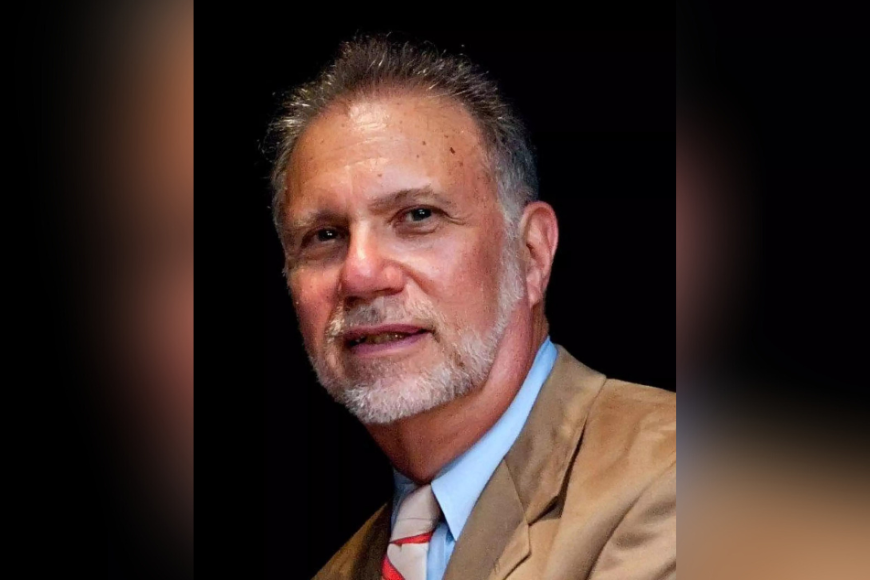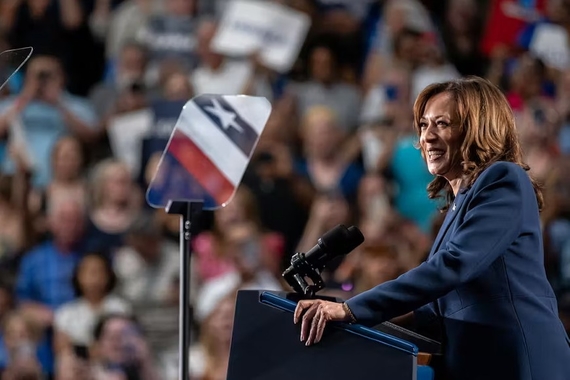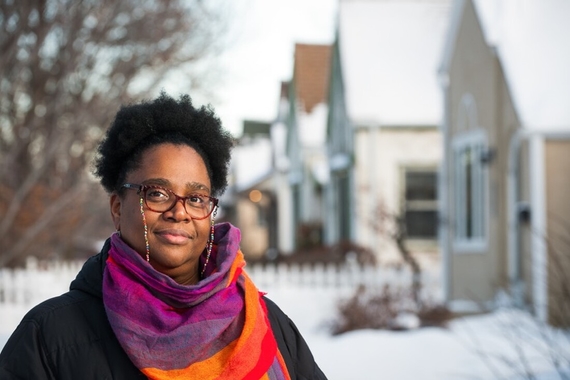Larry Golden: In Defense of the Innocent
Larry Golden (BA ‘69, political science; PhD ‘74, political science) is a recipient of the Alumni of Notable Achievement award and the founding director of the Illinois Innocence Project. Committed to social justice, Golden actively engages in initiatives advocating for a more equitable society, while still finding the time to beat back youngsters in tennis.
What do you do professionally?
I retired from my full-time teaching position in 2004. But I continued until 2022 to teach a college class on wrongful conviction of the innocent and I work as the founding director of the Illinois Innocence Project.
How are you involved in the community?
I remain actively involved in social justice activities as a member of the Springfield ACLU Steering Committee, the Springfield Immigrant Advocacy Network, and the NAACP. In recent years I have focused my work on "systemic racism”, including serving in the leadership of the Racial Justice Project of the local Unitarian Congregation in an initiative to enable congregants to become aware of personal prejudices and lead the congregation to become an anti-racist organization.
How did your time in CLA inspire you to pursue your path?
The most important influences in my life have been the teachers/mentors with whom I had the honor to know and work throughout my college years. The most influential of those was my academic advisor and friend, Professor Mulford Q. Sibley. His belief in and advocacy of pacifism and non-violent resistance in the pursuit of social justice complemented his mastery of political thought. Beyond the political science department, I took classes and became friends with history professor Alan Spear who was teaching about Black history. Finally, my classes with Professor Hal Chase prepared me to develop my interest in law, civil liberties, and justice.
What is your favorite memory from your time as a student?
Minneapolis and the Twin Cities were so "alive" with intellectual and political ferment when I was there. On a personal level, it was while in graduate school that I met my wife (of 56 years) along with some friendships which have lasted to this day.
What advice would you give to current CLA students?
Occasionally put aside the electronic instruments; learn to think critically, while respecting individuals who see the world differently. Don't be afraid to reach out and talk with those teachers who pique your interest. I encourage you to go outside your "comfort zone" and take advantage of the diversity of offerings the University has.
How do you spend your free time? What "fills your cup"?
I remain an avid tennis player (not pickleball yet), playing 2-3 times a week. I also have recently learned to play "platform tennis", which we play outside (clearly not Minnesota weather) throughout the winter. I also continue to read real print newspapers every day and watch news/commentary programs. Something equally important to me is that I stay in touch with my daughters and three grandkids who live in California.
What was your reaction to receiving this award?
I had no idea I was nominated. I was very surprised and honored.
What's next? What are your personal/professional goals for the next five years?
At this stage of my life, I just want to be around and healthy in five years. My wife and I have grandchildren we want to see and be involved with as long as we can. I hope to find a way to continue to stay involved with the Illinois Innocence Project, probably more in an advisory than a working staff role. Great satisfaction comes from the new and continuing friendships with Project exonerees and clients and the interaction with Project staff. I hope to continue to play tennis at the level I am at now where I can remain competitive with players who are up to 60 years younger than me.
2023 Recipients
This story was edited by an undergraduate student.
Edited by Jennifer Nguyen



